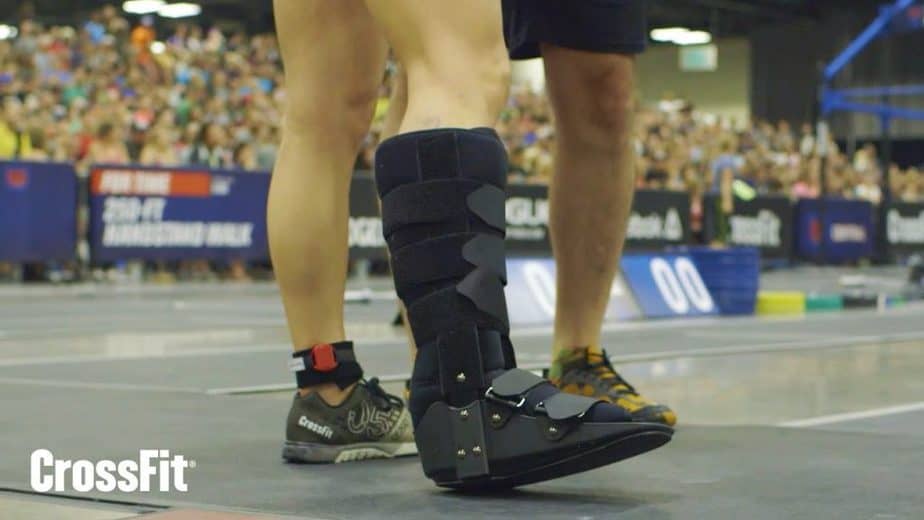
Did you know that there are many hand and foot ailments that can be treated without surgery? In this blog post, we will discuss five of them. We will also provide information on the symptoms, causes, and treatments for each one. So whether you are suffering from a minor ailment or a more serious condition, read on to find out how you can get relief without going under the knife!
Corns and Calluses
Corns are small, round patches of thickened skin that develop when there is repeated friction or pressure on the skin. Calluses are larger areas of thickened skin that form in response to repeated rubbing or pressure. Both corn and callus formation is your body’s way of protecting the underlying tissues from damage.
Symptoms:
Corns and calluses can be painful, especially when they press on a nerve. They may also make it difficult to walk or wear shoes comfortably.
Causes:
Ill-fitting shoes or socks that rub against the skin are the most common cause of corn and callus formation. Other causes include bony prominences on the feet, hammertoe deformities, and bunions.
Treatment:
Corns and calluses can be removed with over-the-counter corn and callus removers. These products contain salicylic acid, which dissolves the thickened skin. If home treatment is not effective, your doctor may need to perform a procedure called debridement, in which the corn or callus is shaved down with a scalpel.
Prevention:
Wearing well-fitting shoes and socks that do not rub against the skin can help prevent corn and callus formation. You should also avoid walking barefoot on hard surfaces.
Athlete’s Foot
Athlete’s foot is a fungal infection that affects the skin on the feet. It is most commonly caused by the fungus Trichophyton rubrum, which thrives in warm, moist environments.
Symptoms:
Athlete’s foot causes itching, redness, and scaling of the skin on the feet. The infection can also spread to the toenails, causing them to become yellow or thickened.
Causes:
Athlete’s foot is usually contracted in damp public places, such as locker rooms or showers. The fungus can also be passed from person to person through direct contact. People who have diabetes or a weakened immune system are more susceptible to developing athlete’s foot.
Treatment:
Athlete’s foot can be treated with over-the-counter antifungal creams or powders. If these products are not effective, your doctor may prescribe oral antifungal medication.
Prevention:
To prevent athlete’s foot, avoid walking barefoot in public places. Wear shower shoes or sandals in locker rooms and communal showers. If you have athlete’s foot, keep your feet clean and dry, and don’t share towels or shoes with others.
Plantar Warts
Plantar warts are warts that occur on the soles of the feet. They are caused by human papillomavirus (HPV) and usually affect children and young adults.
Symptoms:
Plantar warts generally do not cause pain unless they press on a nerve. They can, however, be quite tender to the touch. Plantar warts may also make it difficult to walk or stand for long periods of time.
Causes:
HPV is spread through direct contact with an infected person or object. The virus enters the skin through small cuts or breaks and causes plantar warts to form. People who have weakened immune systems or who share communal showers or locker rooms are at increased risk of developing plantar warts.
Treatment:
Plantar warts can be treated with over-the-counter wart removers. These products contain salicylic acid, which dissolves the thickened skin. If home treatment is not effective, your doctor may need to perform a procedure called cryotherapy, in which the wart is frozen with liquid nitrogen.
Prevention:
To prevent plantar warts, avoid walking barefoot in public places. Wear shower shoes or sandals in locker rooms and communal showers. If you have plantar warts, keep your feet clean and dry, and don’t share towels or shoes with others.
Bunions
Bunions are deformities of the bones and joints in the feet. They occur when the big toe points inward toward the second toe. Bunions can be painful, especially when wearing shoes.
Causes:
The exact cause of bunions is unknown, but they are thought to be caused by a combination of genetic and environmental factors. People who wear ill-fitting shoes or who have certain foot deformities are more likely to develop bunions.
Treatment:
Bunion treatment without surgery generally focuses on relieving pain and improving foot function. Over-the-counter pain relievers, such as ibuprofen can help reduce pain and inflammation. Wearing wide, comfortable shoes can also help alleviate symptoms. If these measures are not effective, surgery may be necessary to correct the deformity.
Prevention:
There is no sure way to prevent bunions from developing. Wearing well-fitting shoes and avoiding high heels may help reduce your risk. If you have a family history of bunions, you may be more likely to develop them.
Achilles tendonitis
Achilles tendonitis is an inflammation of the Achilles tendon, the large rope-like structure that connects the calf muscles to the heel bone. In addition, achilles tendonitis can be painful and make it difficult to walk or run.
Causes:
The exact cause of Achilles tendonitis is unknown, but it is thought to be caused by overuse or repetitive stress on the tendon. People who participate in activities that involve running or jumping are at increased risk of developing Achilles tendonitis.
Treatment:
Treatment for Achilles tendonitis generally focuses on relieving pain and improving foot function. Over-the-counter pain relievers, such as ibuprofen can help reduce pain and inflammation. Your doctor may also recommend stretching and strengthening exercises for the calf muscles. If these measures are not effective, surgery may be necessary to repair the tendon.
Prevention:
There is no sure way to prevent Achilles tendonitis from developing. However, you can reduce your risk by stretching and warming up before participating in activities that involve running or jumping. Wearing well-fitting shoes that provide support for the foot and ankle can also help prevent Achilles tendonitis.
These are just a few of the many hand and foot ailments that you can treat without surgery. With proper treatment and care, you can keep these conditions from becoming worse and avoid the need for surgical intervention. Remember to always consult with your doctor before beginning any treatment regimen.







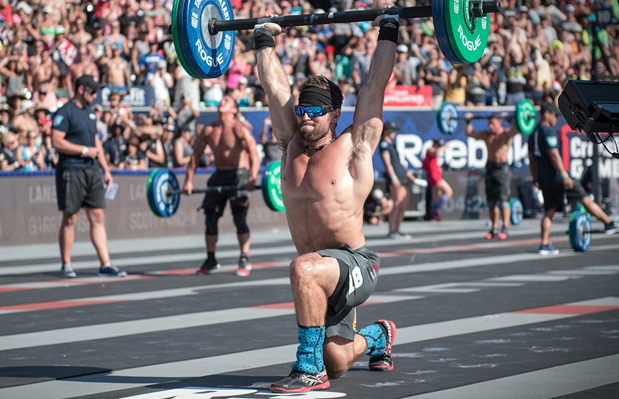


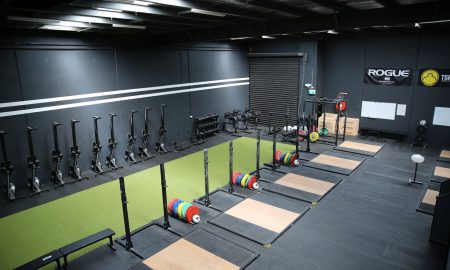
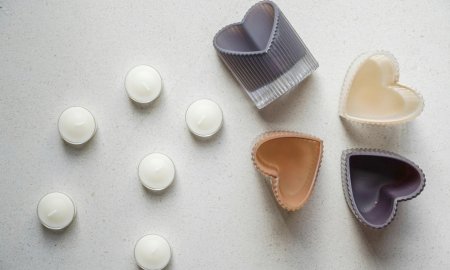
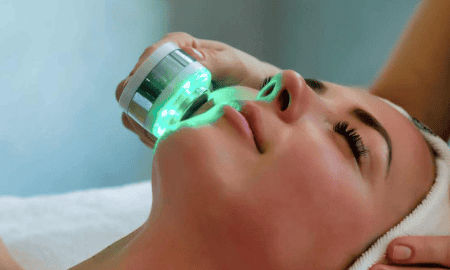
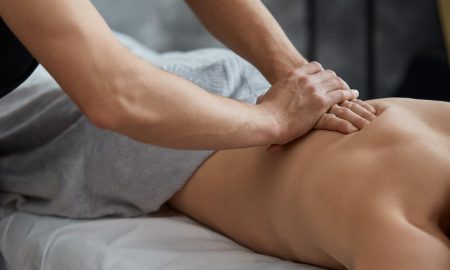
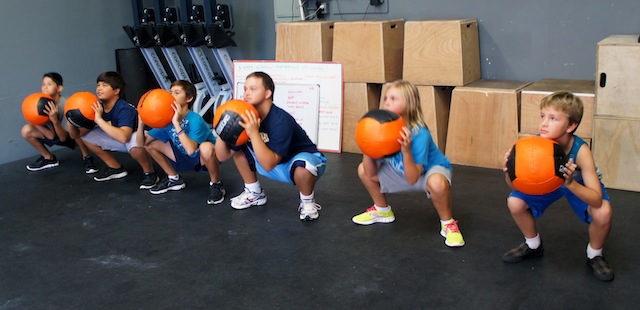
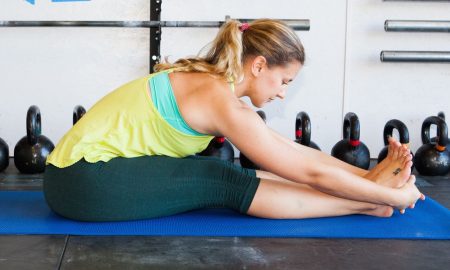
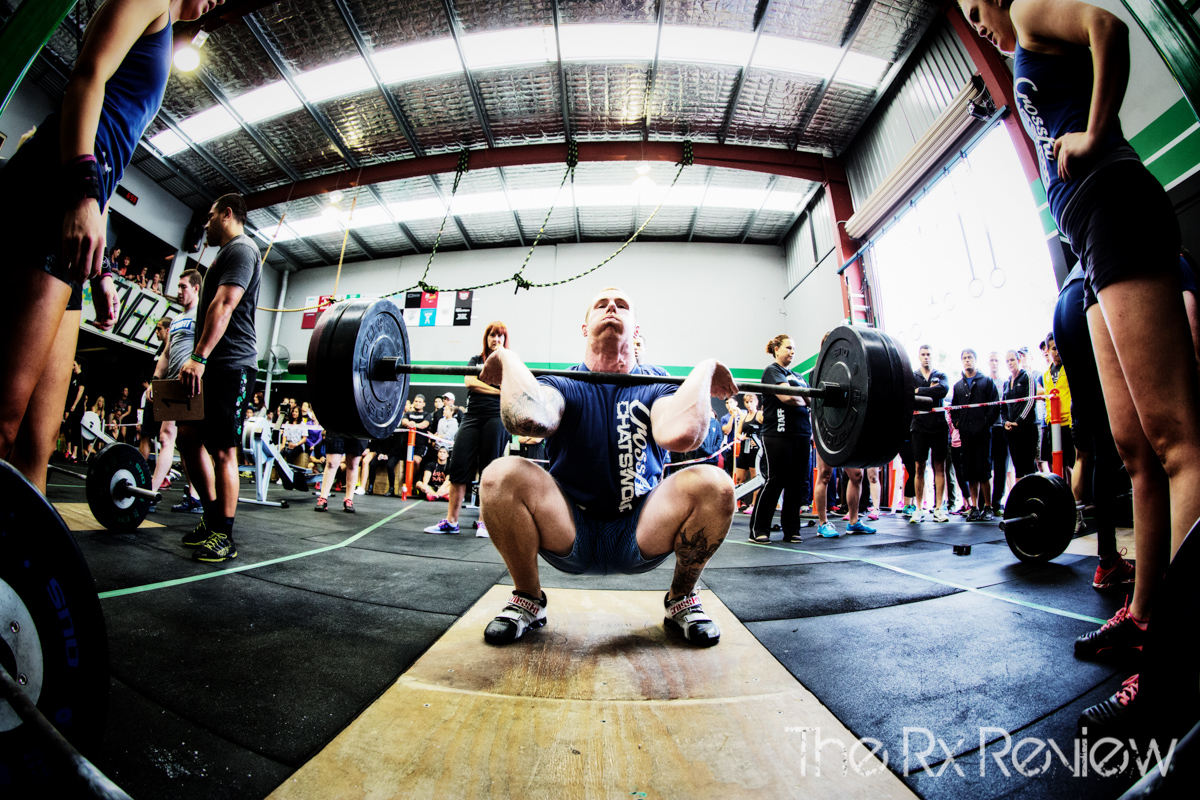

Follow Us